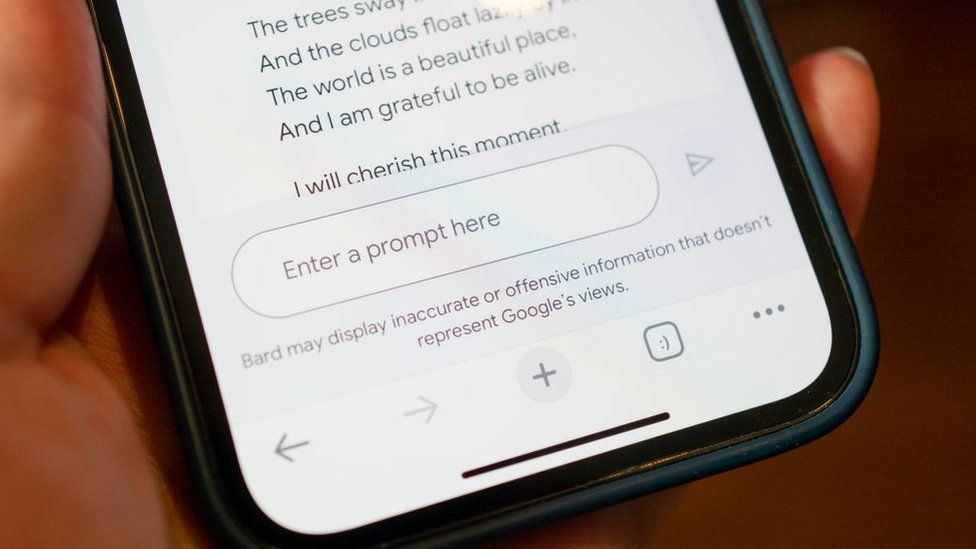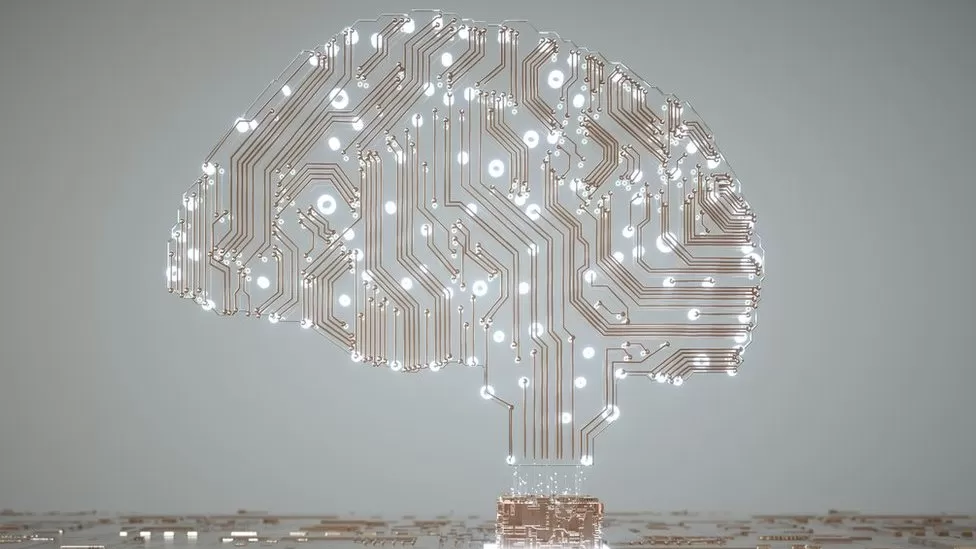Raise awareness
The term AI covers computer systems able to do tasks that would normally need human intelligence. This includes chatbots able to understand questions and respond with human-like answers, and systems capable of recognising objects in pictures.
Generative Pre-trained Transformer 4 (GPT-4), an AI system developed by ChatGPT chatbot creator OpenAI, can now successfully complete the bar exam, the professional qualification for lawyers, although it still makes mistakes and can share misinformation.
But this is just one function of AI. AI products are being deployed in many sectors, including health research, marketing and finance.
Expressed feelings
Last year, a Google engineer was fired after claiming an AI system was sentient.
Blake Lemoine wrote Google's large language model Lamda, which underpins its ChatGPT rival, Bard, expressed feelings.
Google has maintained Lamda was doing exactly what it had been programmed to do - communicate in a human-like way.
But Google boss Sundar Pichai recently told US news platform CBS he did not "fully understand" how Bard worked.
The human mind was not fully understood either, he added, which is why the AMCS is calling for more research.

But there is as much excitement as nervousness around AI. It is the big buzzword in big tech and investment money is pouring in to AI-related projects.
Released in November, ChatGPT, became an instant viral sensation, the populist "face" of AI, with millions of people trying it out.
Using the internet as a database, it can give written answers to questions in a natural, human-like way.
Microsoft, which has invested heavily in OpenAI, says AI can take "the drudgery" out of mundane jobs such as office administration.
Powered by Froala Editor
